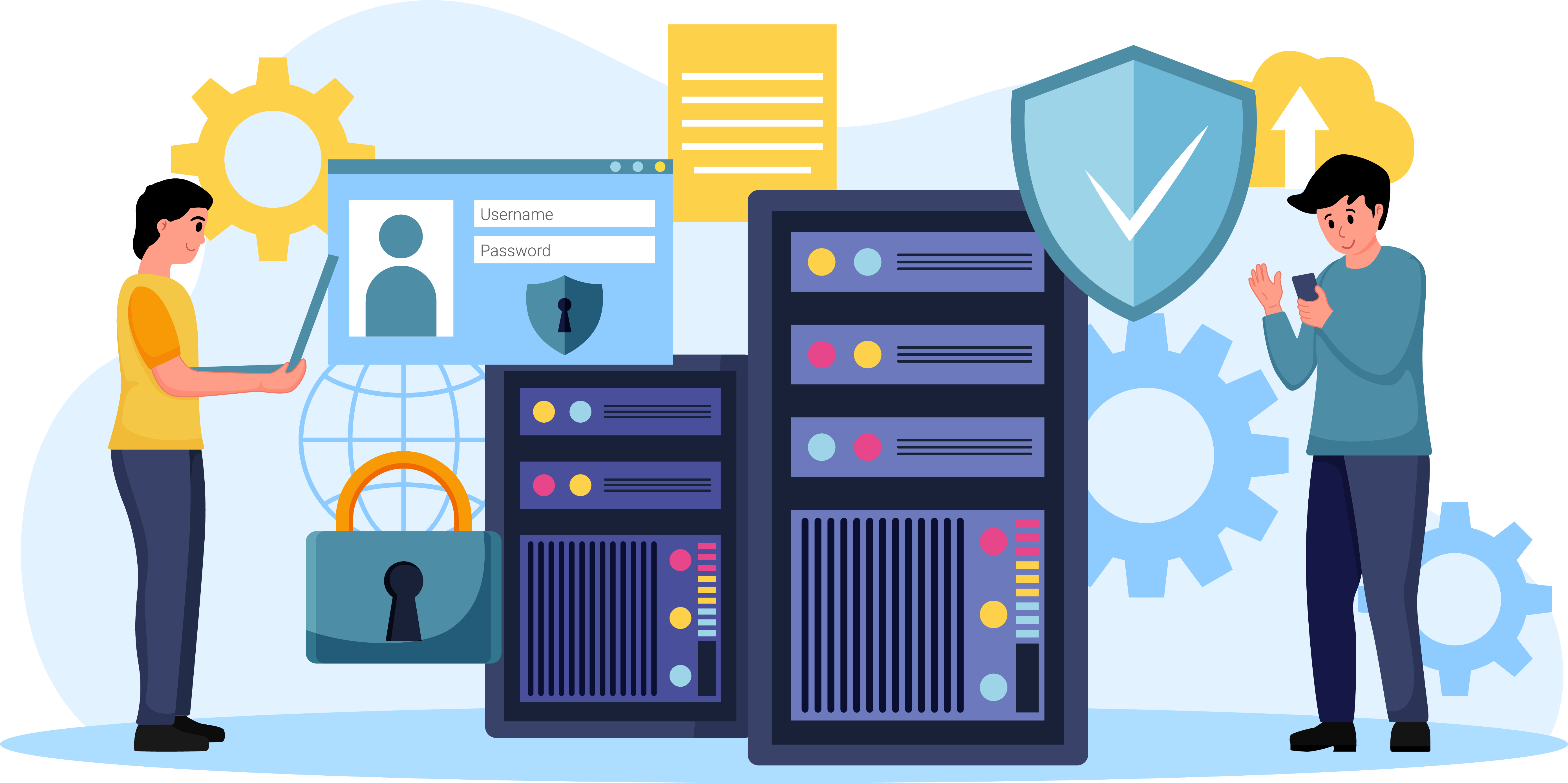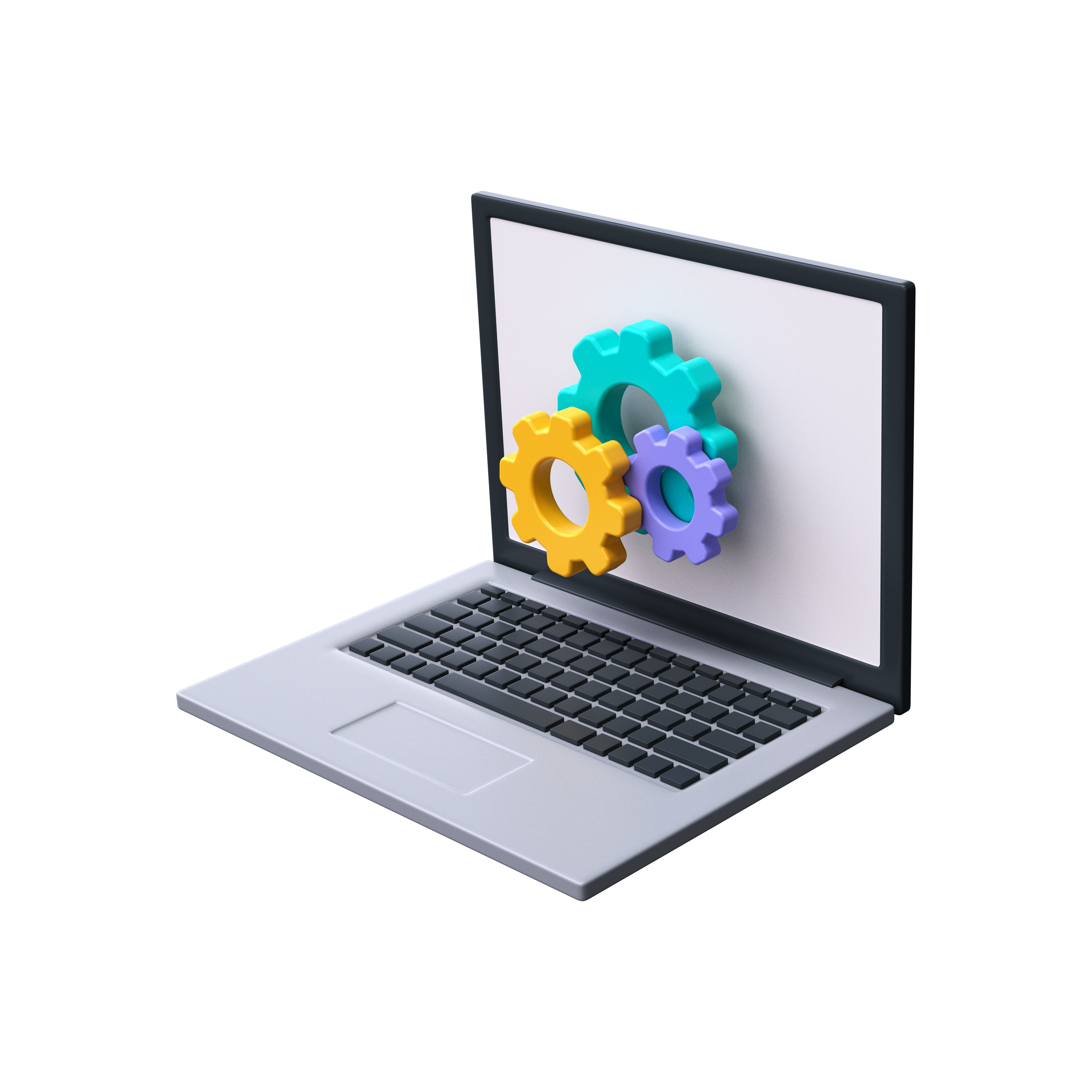What is Cyber Security:
Educate your business with Alaska’s Cyber Security leaders – learn how to protect your data.
Differences in it security for business vs home
When it comes to IT security, there are many differences between the needs of a business and those of a home user. For one, businesses often have more sensitive information and valuable assets to protect, such as customer data, financial information, and intellectual property. As a result, businesses may need to invest in more advanced security measures than the average home user.
That being said, there are still several important differences between IT security for businesses and homes that are worth exploring. Let’s take a closer look:
- Scale: The first and most obvious difference is scale. Businesses typically have more devices and more users to protect than the average home user. This means that businesses may need to invest in more comprehensive security solutions that can scale to meet their needs.
- Complexity: The security needs of a business are often more complex than those of a home user. Businesses may need to consider factors such as network security, data encryption, and secure remote access, all of which can be more complicated than basic antivirus and firewall protection.
- Compliance: Depending on the industry, businesses may be subject to certain regulations and compliance standards that dictate how they must protect sensitive information. For example, healthcare providers must comply with HIPAA regulations, while financial institutions must comply with PCI-DSS standards. These regulations may require businesses to invest in additional security measures and undergo regular audits to ensure compliance.
- Budget: Businesses typically have a larger budget to invest in IT security than the average home user. While home users can certainly benefit from investing in quality antivirus software and regular backups, businesses may be able to afford more advanced security solutions such as intrusion detection and prevention systems, data loss prevention, and security information and event management (SIEM) systems.
- Human error: Finally, it’s worth noting that the biggest threat to IT security for both businesses and home users is often human error. In the case of businesses, this may manifest in the form of employees falling for phishing scams or accidentally exposing sensitive information. For home users, this may involve falling for scams or using weak passwords. Regardless of the context, it’s important to educate users on best practices for staying safe online and to implement security protocols that can help mitigate the risks associated with human error.
In conclusion, there are several key differences between IT security for businesses and home users. While both groups must take steps to protect their devices and data from cyber threats, the needs of businesses are often more complex and require more comprehensive solutions. However, regardless of the context, it’s important to stay informed about the latest threats and best practices for staying safe online, and to invest in quality security solutions to help mitigate those risks.



About Us
Here’s why so many businesses depend on DanTech Services for complete IT services and support:
- Personal commitment to joining your staff as an extension of your team
- Broad scope of computer and communications technologies researched and selected for Alaska’s environment
- Strong working relationships with Alaska’s telecommunications firms
- Contracts that are fair and make sense
- Based in Anchorage, Alaska – Twenty+ Years
Our custom service packages deliver what you need and want without overstepping the boundaries of your budget. From cloud services to data backup, DanTech Services is here to team up with you and your company for expert support.
Contact Us
Fill out the form to request Service Assessment and learn how we can make your technology worry-free!
Please be advised that we don’t accept emails sent from free services like gmail.com, yahoo.com, hotmail.com and similar due to increased level of spam coming from these domains.
Follow us on social media:
